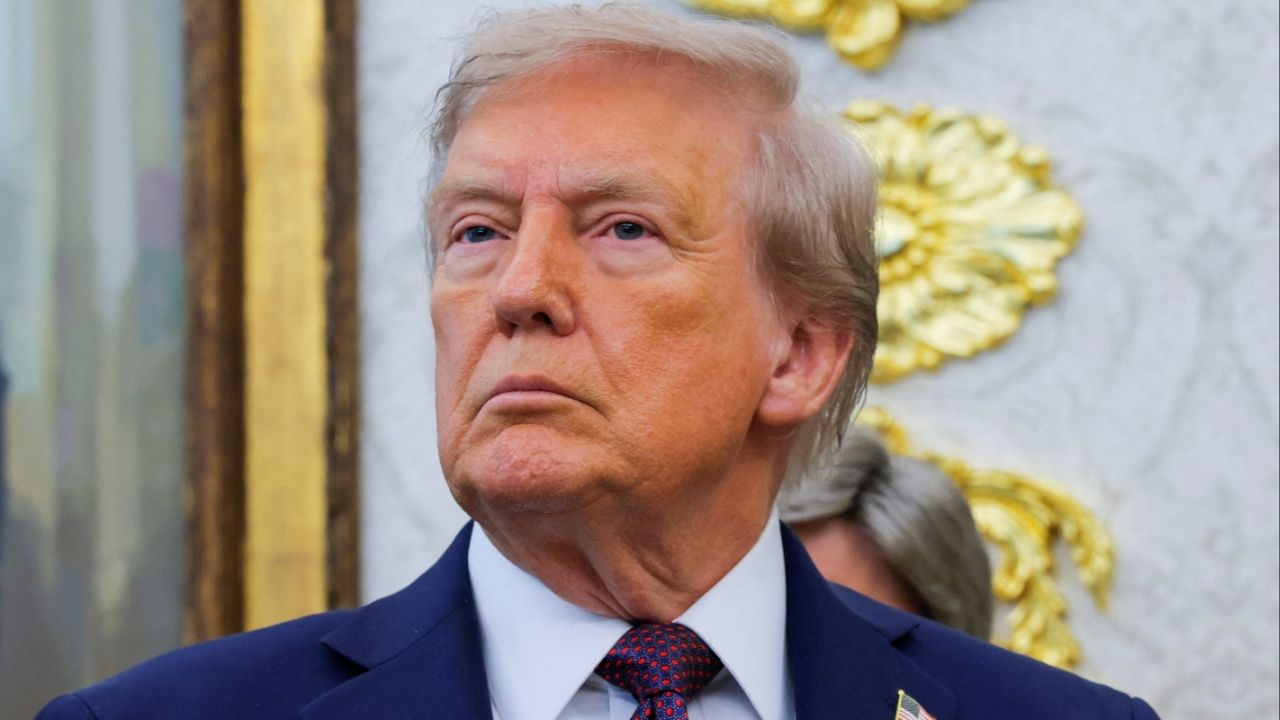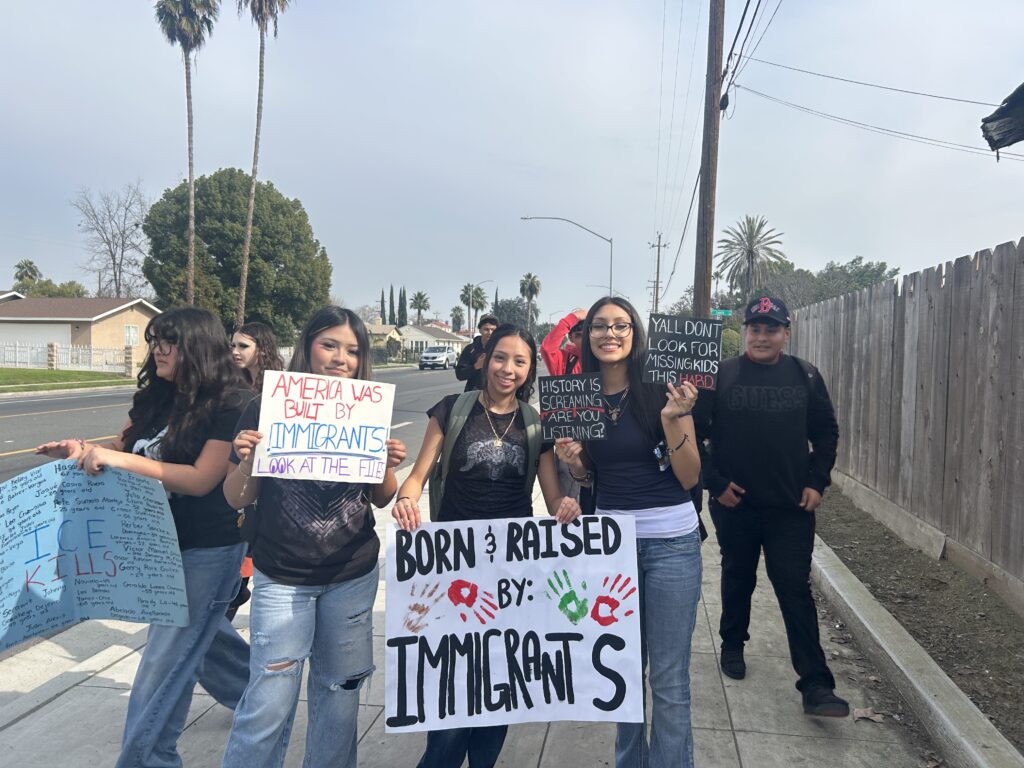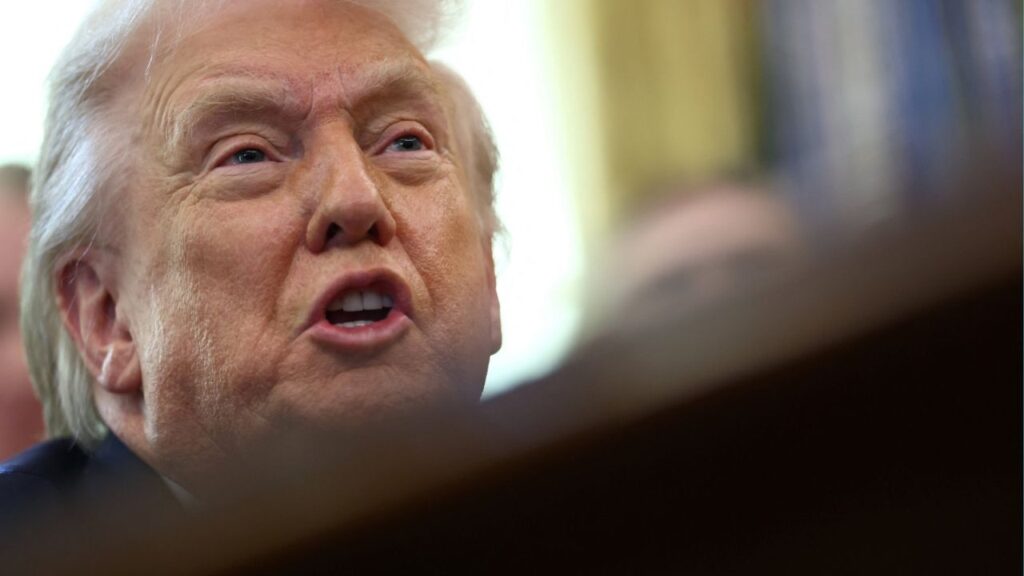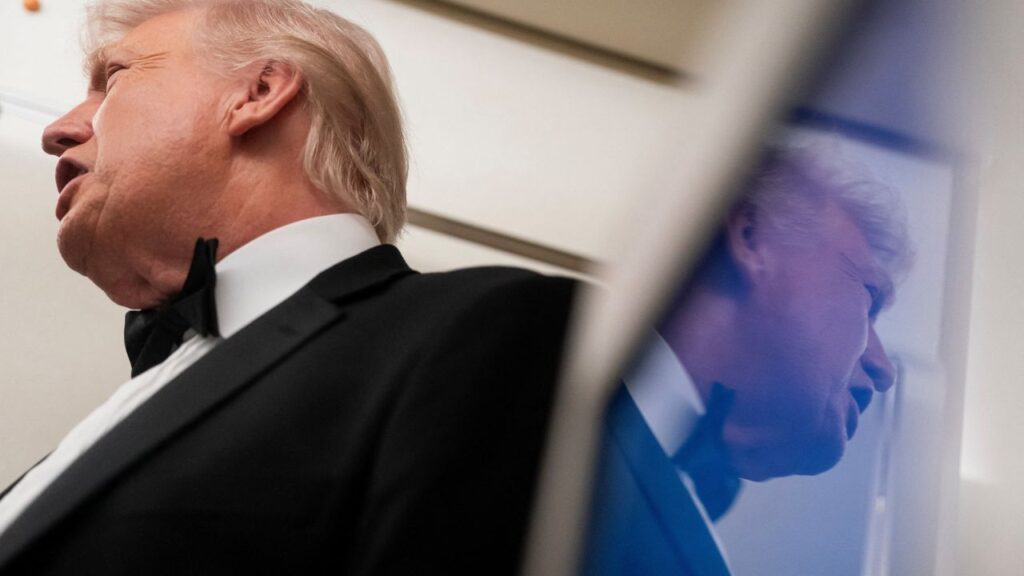President Donald Trump attends an event in the Oval Office at the White House in Washington, D.C., Sept. 2, 2025. (Reuters/Brian Snyder/File)

- President Trump's crackdown on hate speech is mostly about silencing his critics and those who challenge his administration.
- Meanwhile, his aides and allies cast the effort to silence mainstream media and opponents as vital to curbing political violence.
- “They’ll take a great story and they’ll make it bad,. See, I think that’s really illegal,” Trump says of network and cable newscasts.
Share
|
Getting your Trinity Audio player ready...
|
WASHINGTON — As President Donald Trump threatens a wide-ranging crackdown on mainstream media institutions and political opponents, his aides and allies have cast the administration’s moves as critical to stanching misinformation and hate speech that could lead to political violence.
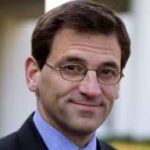
Peter Baker
The New York Times
News Analysis
But Trump himself has repeatedly made clear in recent days that he has a different goal. For him, it’s not about hate speech, but about speech that he hates — namely, speech that is critical of him and his administration.
He has suggested that a clutch of protesters who yelled at him in a restaurant be prosecuted under laws targeting mobsters. He demanded that multiple late-night comics who mocked him be taken off air. He threatened to shutter television broadcasters that he deemed unfair to him. He sued The New York Times for allegedly damaging his reputation. And that was just last week.
When threatening government action against those who anger him, Trump can be strikingly transparent about what is driving him. He talks regularly about how journalists, commentators and political actors should not be “allowed” to be so harsh toward him. Having installed a partisan ally to run the FBI, he muses openly about which political critics he would like to see investigated.
Trump is not the only president to bristle at opposition or news coverage, nor the first to try to punish those who angered him. But in modern times, no president has gone so far in using his power to pressure media figures and political opponents, historians say.
At the end of a week dominated by a fraught national debate over free speech that followed the assassination of conservative activist Charlie Kirk, Trump summed up his view Friday in a remark that would have been shocking if made by any previous president.
“They’ll take a great story and they’ll make it bad,” he told reporters in the Oval Office, referring to network newscasts. “See, I think that’s really illegal.”
President’s Statements Contradict Those By His Administration
The president’s outbursts undermine the rationales offered by his own officials. Attorney General Pam Bondi, who initially claimed she had the right to investigate businesses that refused to print memorial vigil posters for Kirk, later emphasized that the government is focused on hate speech that crosses the line into threats of violence. Brendan Carr, the chair of the Federal Communications Commission, has argued that many broadcasters have a liberal bias and do not meet the agency’s standard for serving the public interest.
Last week, Carr threatened consequences if ABC did not take action against late-night host Jimmy Kimmel for his comment that “the MAGA gang” was trying to characterize the suspect in Kirk’s killing “as anything other than one of them.” The comment was factually wrong, the FCC chair argued, and part of a “concerted effort to lie to the American people.” Disney, the owner of ABC, complied and suspended Kimmel’s show.
But Trump then made clear he has a broader, more personal goal.
Trump Celebrates Kimmel’s Removal
In a social media post, the president celebrated Kimmel’s removal and demanded that two other late-night hosts, Jimmy Fallon and Seth Meyers, meet a similar fate. “That leaves Jimmy and Seth, two total losers, on Fake News NBC,” the president wrote. “Their ratings are also horrible. Do it NBC!!!”
Thomas Berry, director of the Robert A. Levy Center for Constitutional Studies at the libertarian Cato Institute, said the president effectively refuted Carr’s attempt to maintain that punishing ABC for Kimmel’s statement would be a fair and neutral application of FCC guidelines.
“This continues a pattern of Trump being his own lawyers’ worst enemy with his public statements,” Berry said. “Whereas Carr focused on the alleged falsity of the statement, Trump simply admits that he wants the FCC to go after stations that are unfriendly to him.”
Asked about the disparate justifications offered by Trump and administration officials, Abigail Jackson, a White House spokesperson, said, “President Trump is a strong supporter of free speech, and he is right — FCC-licensed stations have long been required to follow basic standards.” She added that “the Biden administration actually attacked free speech by demanding social media companies take Americans’ posts down.”
Vice President JD Vance likewise pointed to allegations of censorship lodged against President Joe Biden to defend the Trump administration’s actions. “The bellyaching from the left over ‘free speech’ after the Biden years fools precisely no one,” he wrote on social media Friday.
The Biden administration urged social media companies to prevent the proliferation of what it deemed misinformation about COVID-19. Republicans contended that amounted to unconstitutional coercion to censor unpopular views and a judge issued an injunction, but the Supreme Court rejected a challenge, saying the plaintiffs did not have standing to sue.
Other presidents sought to pressure news organizations in less expansive ways. President Richard M. Nixon tried to block publication of the Pentagon Papers, which detailed the U.S. government’s failures in the Vietnam War, and his allies challenged the licenses of television stations owned by the publisher of The Washington Post, whose Watergate coverage infuriated him.
President George W. Bush’s White House barred the Times from Vice President Dick Cheney’s plane for a time out of pique at a story. President Barack Obama’s administration conducted more leak investigations than all his predecessors combined and once tried to exclude Fox News from a joint interview for television reporters, only to back down when other networks protested.
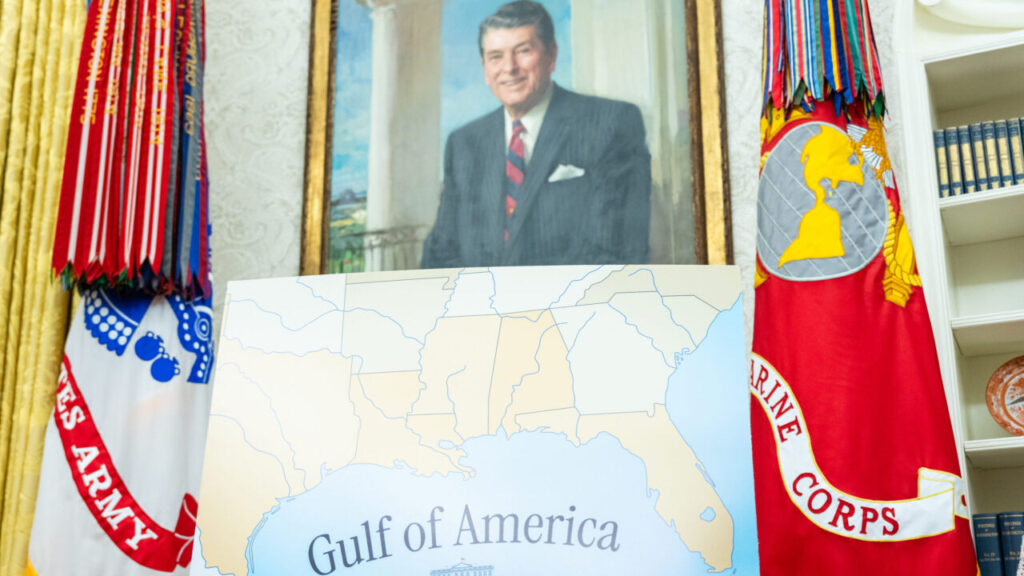
Trump Started This Effort Before Kirk Assassination
But Trump’s campaign against news media outlets has gone far beyond those of his modern-day predecessors, taking form long before the Kirk assassination. Even before his latest lawsuit against the Times, he sued ABC, CBS and The Wall Street Journal. He slashed federal funding for PBS and NPR. He moved to dismantle government broadcasters including Voice of America, Radio Free Europe/Radio Liberty, Radio Martí, Radio Free Asia and the Middle East Broadcasting Networks.
He threw The Associated Press out of the White House press pool because it refused to call the Gulf of Mexico the “Gulf of America.” And the White House seized control of the press pool altogether, determining which news organizations would be permitted into the Oval Office or on Air Force One to question him, something no other president attempted.
This past week brought more examples. On Monday, Trump said that he had asked Bondi to consider “bringing RICO cases against” the protesters who yelled at him in the restaurant, referring to the racketeering statute used to prosecute the Mafia.
On Tuesday, Trump erupted at Jonathan Karl of ABC News for asking about Bondi’s plan to target “hate speech.” She would “probably go after people like you,” he snapped, “because you treat me so unfairly.” When Karl revisited the subject in the Oval Office on Friday, Trump berated him again. “You’re guilty, Jon,” he said.
During his flight home from London on Thursday night, Trump told reporters on Air Force One that his administration should curtail broadcasters that air coverage that is excessively negative toward him. “I would think maybe their license should be taken away,” he said.
Asked if he really thought the restaurant protesters should go to jail, he doubled down. “When you take a look at the way they acted, the way they behaved, yeah, I think they were a threat,” the president said.
This article originally appeared in The New York Times.
By Peter Baker/Eric Lee
c.2025 The New York Times Company
RELATED TOPICS:
Categories

Teen Arrested at Visalia Mall After Firearm Report
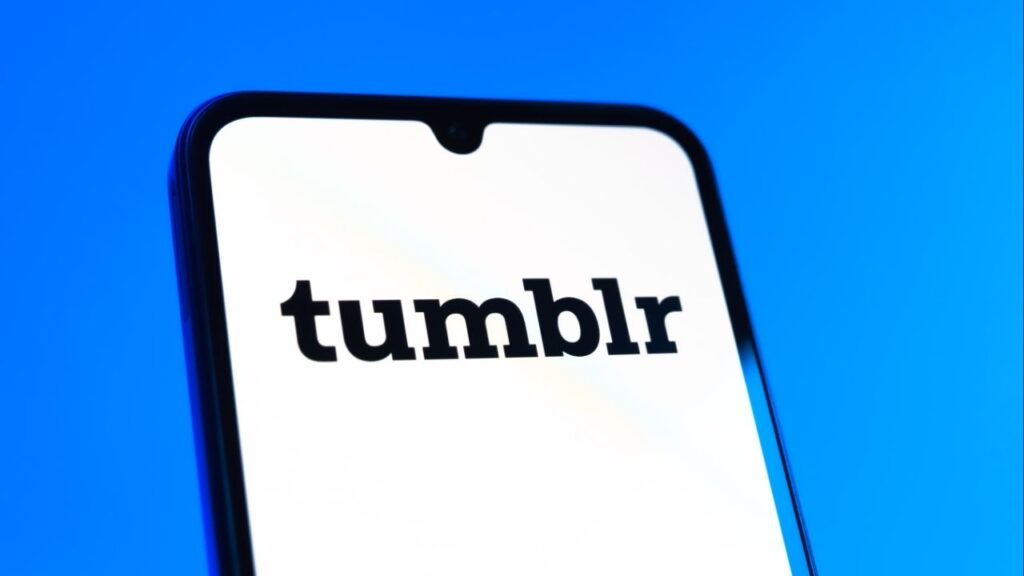
Tumblr Goes Down for Thousands, Downdetector Reports



